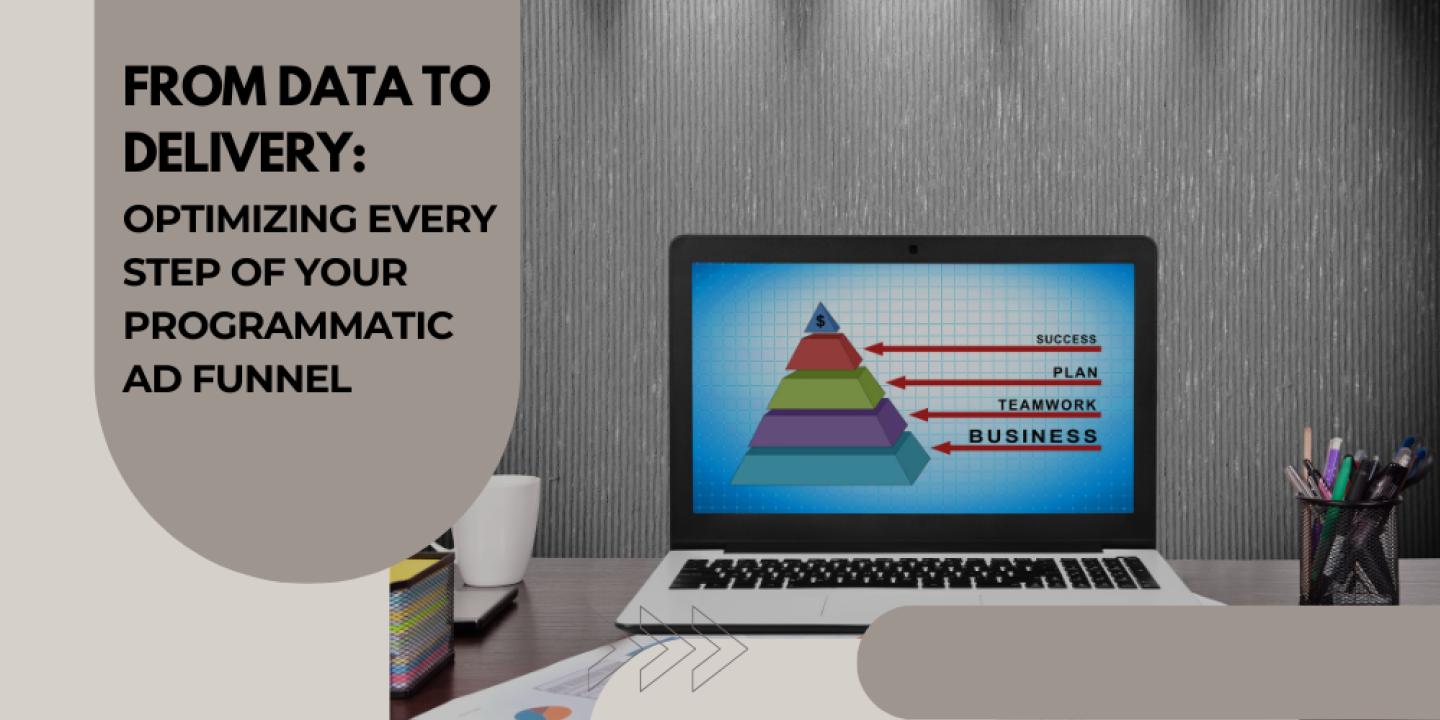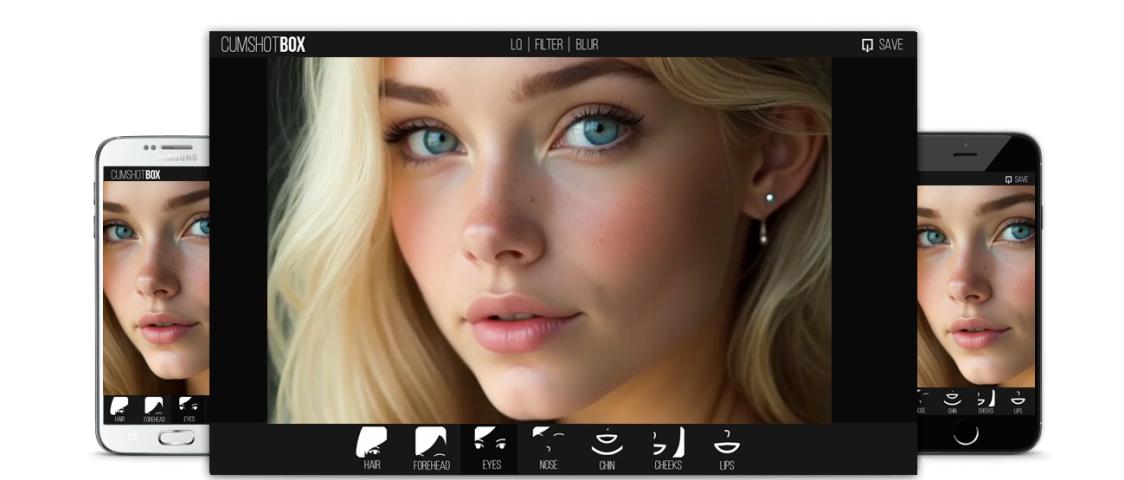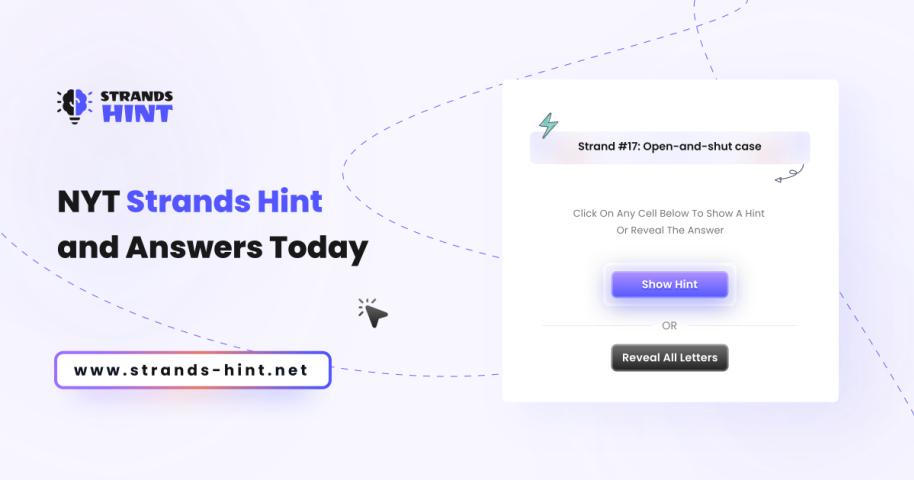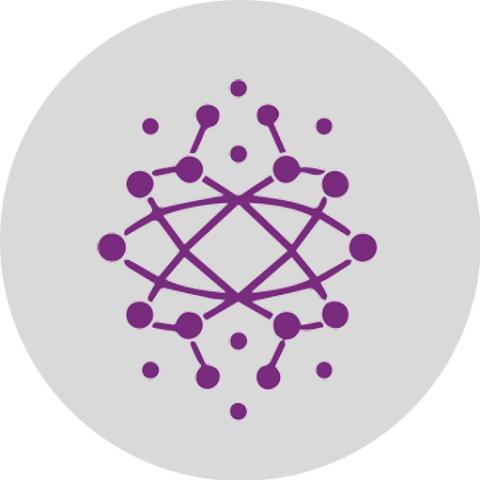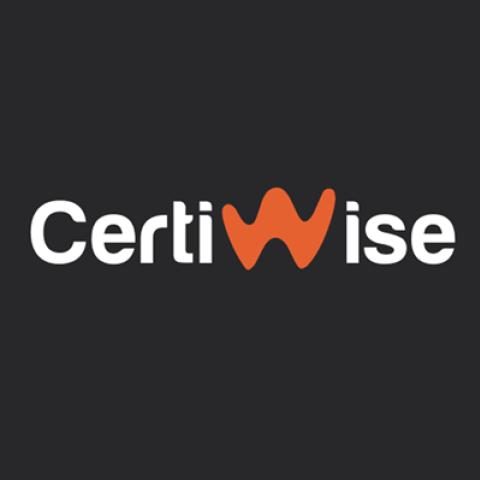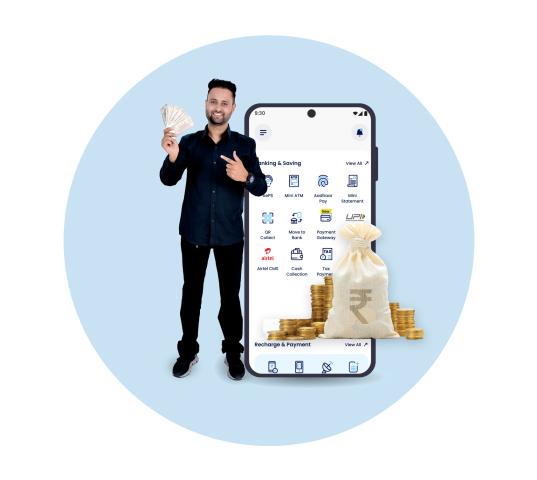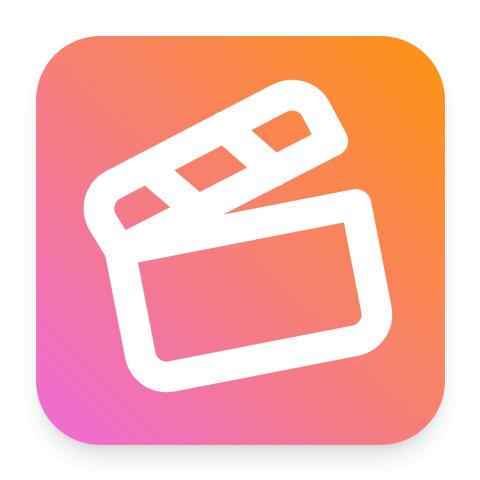In the fast-paced world of digital advertising, programmatic
advertising has emerged as a game-changer. By automating the buying,
placement, and optimization of ads, it empowers marketers to reach the right
audience at the right time with unmatched precision. Yet, despite its
potential, success in programmatic advertising hinges on perfecting every step
of the ad funnel. With the right approach and tools, such as advanced MarTech solutions, businesses can
unlock exponential growth and performance gains.
This tech article
delves into the nuances of optimizing each phase of your programmatic ad
funnel, from data collection to campaign delivery. Whether you're a seasoned
marketer or just beginning your journey into programmatic, understanding these
stages can significantly enhance your ROI and strengthen your competitive edge.
Understanding the Programmatic Ad Funnel
The programmatic ad funnel is not a linear path but a
dynamic ecosystem where every stage contributes to the overall campaign's
success. The key steps include:
- Data
Collection and Analysis
- Audience
Segmentation
- Ad
Creative Development
- Campaign
Optimization
- Measurement
and Attribution
By optimizing these stages, you ensure that your campaigns
resonate with the target audience, drive engagement, and achieve business
goals.
Step 1: Data Collection and Analysis
Data is the backbone of programmatic advertising. Collecting
and analyzing user data allows marketers to understand customer behavior,
preferences, and purchase intent.
How to Optimize
- Utilize
MarTech platforms: Advanced MarTech solutions help consolidate data
from multiple touchpoints, offering a unified view of your audience. Tools
like data management platforms (DMPs) or customer data platforms (CDPs)
are indispensable.
- Leverage
real-time insights: Invest in analytics tools that provide actionable
insights, enabling you to adapt your strategies swiftly.
Pro Tip
Ensure compliance with privacy regulations such as GDPR or
CCPA while collecting data. Transparency builds trust with your audience.
Step 2: Audience Segmentation
A one-size-fits-all approach seldom works in advertising.
Audience segmentation involves dividing your audience into smaller, more
targeted groups based on shared characteristics.
How to Optimize
- Behavioral
Targeting: Use behavioral data to create segments that align with user
actions, such as browsing patterns or purchase history.
- AI-Powered
Tools: AI-driven platforms can identify micro-segments, allowing
hyper-personalized targeting.
Pro Tip
Dynamic segmentation allows you to update your audience
groups in real time based on changing behaviors.
Step 3: Ad Creative Development
Creativity drives engagement. Even with precise targeting,
poorly crafted ads can derail your efforts.
How to Optimize
- Dynamic
Creative Optimization (DCO): Programmatic platforms offer DCO tools to
tailor ad content to individual users.
- Test
Variations: A/B testing different versions of your ads ensures you're
deploying the most effective creatives.
Pro Tip
Keep your messaging clear and your call-to-action (CTA)
compelling. Visual storytelling often outperforms text-heavy ads.
Step 4: Campaign Optimization
Once your ads are live, continuous optimization is crucial
to ensure they meet performance benchmarks.
How to Optimize
- Programmatic
Bid Strategies: Adjust bids in real time based on audience engagement
and ad placements.
- Frequency
Capping: Avoid bombarding users with repetitive ads by setting limits
on how often they see your ads.
- Utilize
Predictive Analytics: AI-powered predictive tools can forecast
outcomes, helping you allocate resources more effectively.
Pro Tip
Keep an eye on key performance indicators (KPIs) such as
click-through rates (CTR), conversion rates, and cost per acquisition (CPA).
Step 5: Measurement and Attribution
The final step is measuring the effectiveness of your
campaigns and understanding their impact on business objectives.
How to Optimize
- Multi-Touch
Attribution (MTA): Analyze every touchpoint in the customer journey to
understand how different channels contribute to conversions.
- Use
Martech for Reporting: Robust reporting tools simplify data
visualization, making it easier to draw actionable conclusions.
Pro Tip
Regularly review performance metrics and adjust your
strategies accordingly. Continuous improvement is the hallmark of a successful
programmatic ad funnel.
Emerging Trends to Watch
The programmatic landscape is ever-evolving, with
innovations constantly shaping its future. Key trends to monitor include:
- Contextual
Targeting: As privacy concerns rise, contextual targeting is regaining
popularity as a cookie-less alternative.
- AI
and Machine Learning: These technologies are revolutionizing
everything from audience insights to bid optimization.
- Programmatic
TV (PTV): Programmatic advertising is expanding into new media, such
as Connected TV (CTV) and over-the-top (OTT) platforms.
The Role of MarTech in Programmatic Success
MarTech tools play an instrumental role in streamlining
programmatic processes. From audience insights to campaign automation, these
technologies empower marketers to execute with precision and scalability. By
integrating MarTech solutions, businesses can enhance the efficiency and
effectiveness of their programmatic ad funnels, ensuring sustained growth in an
increasingly competitive digital landscape.
Conclusion
Programmatic advertising offers unparalleled opportunities
for marketers willing to optimize every stage of their funnel. By leveraging
advanced MarTech tools, embracing data-driven strategies, and staying
ahead of industry trends, you can transform your campaigns from ordinary to
extraordinary.
Remember, in the world of programmatic, it's not just about
delivering ads—it's about delivering results. With the right strategy, every
impression can be a step closer to achieving your business goals.
